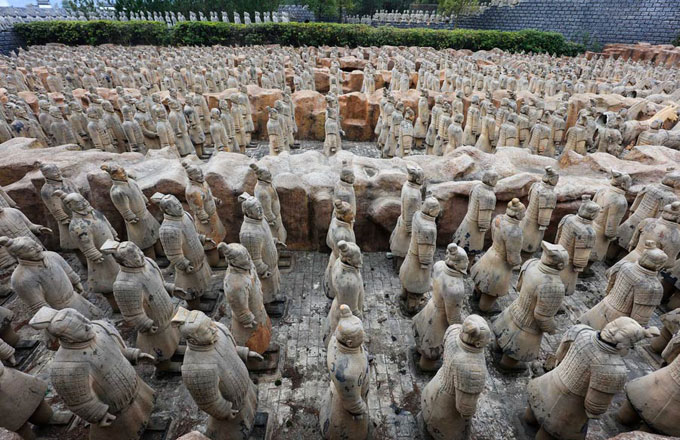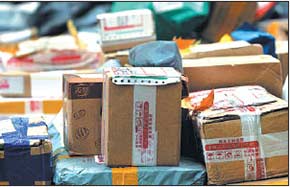China to punish phony business trip officials
CHANGSHA - Officials on de facto tours abroad in the name of publicly funded training will face legal punishment and be denied any future training of the same kind, according to a human resources official of the Hunan Provincial Government.
Wang Guishu, a member of the Hunan Human Resources and Social Security Bureau Committee of the Communist Party of China (CPC), said in a statement issued on Tuesday that the provincial government will show zero tolerance in reviewing overseas training applications from local officials.
Anyone caught seeking overseas sightseeing using fake training invitations and schedules will face severe punishment in accordance with law, and the training arrangement will be canceled, said Wang, who doubles as director of the Hunan Administration of Foreign Experts Affairs.
He explained, "Individuals responsible for the fabrication will be ineligible to apply for any future training sessions, and the overseas agencies involved will be disqualified from organizing overseas training."
At a work meeting on overseas training held in mid March, Wang pointed out that a number of overseas agencies, which are not officially approved by the State Administration of Foreign Experts Affairs, provide fake invitation letters or training schedules to domestic institutions or individuals, allowing them to make duplicated agendas for personal travel with public money.
He urged responsible parties to be cautious in choosing overseas training agencies and to boycott any intermediaries that might drag them into the troubled waters of junkets.
Since the CPC Central Committee issued a new package of rules to fight formalism and bureaucracy late last year, local authorities have been toughening curbs on corruption, extravagance and dereliction of duty.
In the often-cited eight-point bureaucracy-busting instructions issued at the December-4 Political Bureau meeting, CPC leaders urged authorities at various levels to improve their work style and forge closer ties with the masses in a bid to win public trust and support.
Officials should reject bureaucracy in domestic and overseas visits, reduce road closures for official activities and support more practical content in news reports, according to the instructions.
Apart from Hunan in Central China, the Shanghai Municipal authority has also showed its teeth to deter official corruption.
In February, Shanghai discipline inspection authorities announced that the city will forbid traveling on public expenses in any disguised form, including conferences, inspections tours, research and training sessions.
In addition, Shanghai will implement a reporting mechanism, demanding that chiefs of CPC committees at lower levels have "the first person responsible" for malpractice within his or her administration make a mandate report to the superior inspection commissions.
According to Rao Liming, a senior procurator and director of the Duty Crime Surveillance and Prevention Institution of the China Law Society, China must beware of its latent corrupt subculture, which manifests itself as public acquiescence, tolerance and even admiration for the privileges and preferential treatment of power-holders.
Only with tighter supervision and policy implementation can the country truly tackle bureaucracy and formalism, said Wang Minggao, vice-president of the Hunan University of Commerce and author of the book "Scientific System on Anti-corruption".
"Along with the government's enhanced policies and harsher punishment, the general public should also make joint efforts by supervising the power-holders," he said.


















